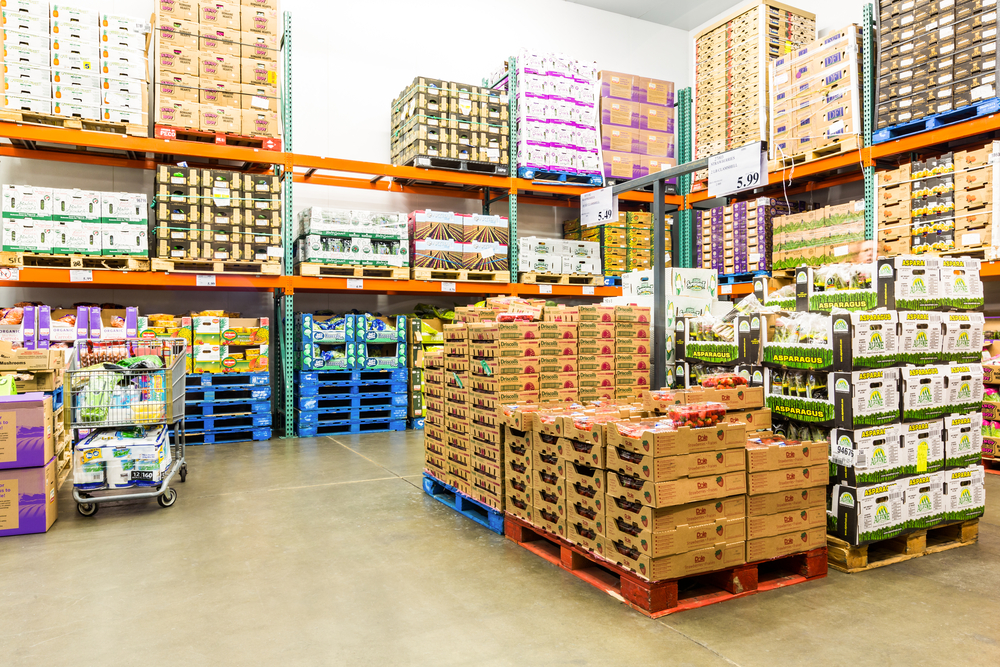The IICA-supported initiative is fostering the exportation of processed organic products. During this third staging of the event, 53 business meetings were scheduled between Ecuadorian entrepreneurs and 12 buyers from Switzerland, Spain and the Netherlands, while trade deals valuing USD 1.4 million were finalized.

Quito, 24 February 2021 (IICA). Small and medium-sized enterprises (SMEs) in Ecuador promoted their processed organic products at the III Virtual Business Roundtable, thus opening up market opportunities in Switzerland, Spain and the Netherlands. The event sought to contribute to diversifying the export markets of this Andean country and support its economic reactivation.
During the latest staging of the business roundtable, 53 meetings were scheduled between Ecuadorian entrepreneurs and 12 European buyers, while trade deals were finalized valuing close to USD 1.4 million.
The initiative was spearheaded by the Bioexportador Global Program, in collaboration with the National Association of Food and Beverage Manufacturers (ANFAB); the Inter-American Institute for Cooperation on Agriculture (IICA); the Ecuadorian Federation of Exporters (FEDEXPOR); the Ministry of Production, Foreign Trade, Investments and Fisheries; AGROCALIDAD; the Ministry of Agriculture and Livestock and the Inter-American Commission for Organic Agriculture (ICOA).
The event received financial support from the Japanese International Cooperation Agency (JICA) in Ecuador.
The participating SMEs were offering a range of processed products, such as dehydrated and freeze-dried fruits; organic gluten-free banana and plantain flour; lupine beverages; Andean cereals; quinoa risottos; healthy snacks; fruit pulp; spices; chocolates; pancake mixes; edible rose products and high-quality organic coffee.
During the business meeting, information and training was offered on issues such as consumption patterns with respect to organic products in the Swiss market and the trade window between Ecuador and the European Free Trade Association (EFTA) – Switzerland, Norway, Iceland and Liechtenstein.
The companies were also briefed on labelling requirements in the destination market and the certification needed to market Ecuadorian products, for example the European Organic Certificate and Biosuisse.
Moreover, information was also provided on export routes and access to the Swiss market, through a partner in the logistics sector, the Federation of National Associations of Cargo Agencies and International Logistics Operators of Latin America and the Caribbean (ALACAT), which informed the participants about their services and the challenges of foreign trade amidst a health crisis.
Head of IICA’s International Trade and Regional Integration Program, Daniel Rodríguez, remarked that the business roundtables strive to assist small and medium-sized businesses to consolidate or diversify their export markets, capitalizing on opportunities arising out of European consumers’ concern for their health.
Christian Wahli, Executive Chairman of ANFAB, stressed the importance of diversifying food and beverage exports, through processed products with a high level of differentiation, for example, based on quality, safety and certifications with respect to the companies’ observance of social, environmental and human rights responsibilities.
“It is vital that one begin by identifying consumer needs and preferences, which will then provide guidance to the agrifood chains on how to fulfil these demands. This will require companies to identify a target market and to prepare to access it through different avenues, both technical and cultural”, said Wahli.
Through the 2020-2021 Bioexportador Global Program, 40 products destined for the Swiss market were validated, through sensory testing by experts from that country. The labelling was evaluated and a Marketplace platform was developed for the promotion of the exportable supply.
More information:
Margarita Baquero, Agribusiness and Trade Specialist, IICA Ecuador.
margarita.baquero@iica.int











